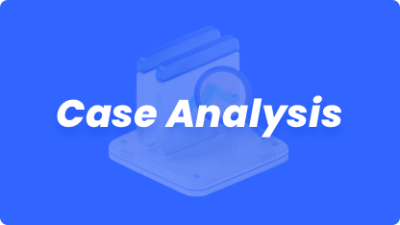In an air shipment from the United States to India, when the cargo arrived at the transit port, the transit port customs discovered prohibited substances in the cargo, leading to its inspection and eventual destruction.
Let's review the issues encountered in the entire business process:
1.This shipment was under EXW terms. During verification, the shipper at the departure port did not inform the freight forwarder about the cargo details or provide relevant documentation. Moreover, the smooth customs clearance indicated that the regulatory authorities did not detect any sensitive items.
2.When the cargo reached the transit port, the customs there conducted an inspection and, through testing, discovered the prohibited substances it contained.
3.The cargo documents included sensitive terminology, but this did not catch the attention of either party involved.
4.During the inspection, the transit port customs requested documentation of the cargo's composition or other proof, but the shipper failed to provide valid documents.
Now, let's examine the disputes between the business parties:
1.The shipper did not disclose that the cargo contained prohibited substances.
2.The consignee did not instruct the shipper to provide proof of the cargo's composition or related documents.
3.The shipper's cargo documents included sensitive terms, leading to the transit port customs' inspection.
In our international logistics operations, transit ports often do not receive sufficient attention. They are merely seen as transit points for carriers (transshipment) without considering the regulatory rights of the transit port. If the cargo requires "transshipment," it needs to be declared to the local regulatory authorities upon arrival at the transit port, and the entire process must be conducted under customs supervision.
Furthermore, when declaring cargo, if a situation like the one in this case arises, the regulatory authorities will detain or inspect the cargo, especially for air shipments requiring transshipment. Therefore, careful selection of transit ports and adherence to the declaration process is crucial.
Regarding the allocation of responsibilities under trade terms, in this case, EXW (Ex Works) means the goods are delivered at the factory. However, when the departure port agent accepts the shipper's cargo, they need to verify the cargo information and check the documents. If issues are found, they should promptly alert or inform the relevant parties.
JCtrans.com




